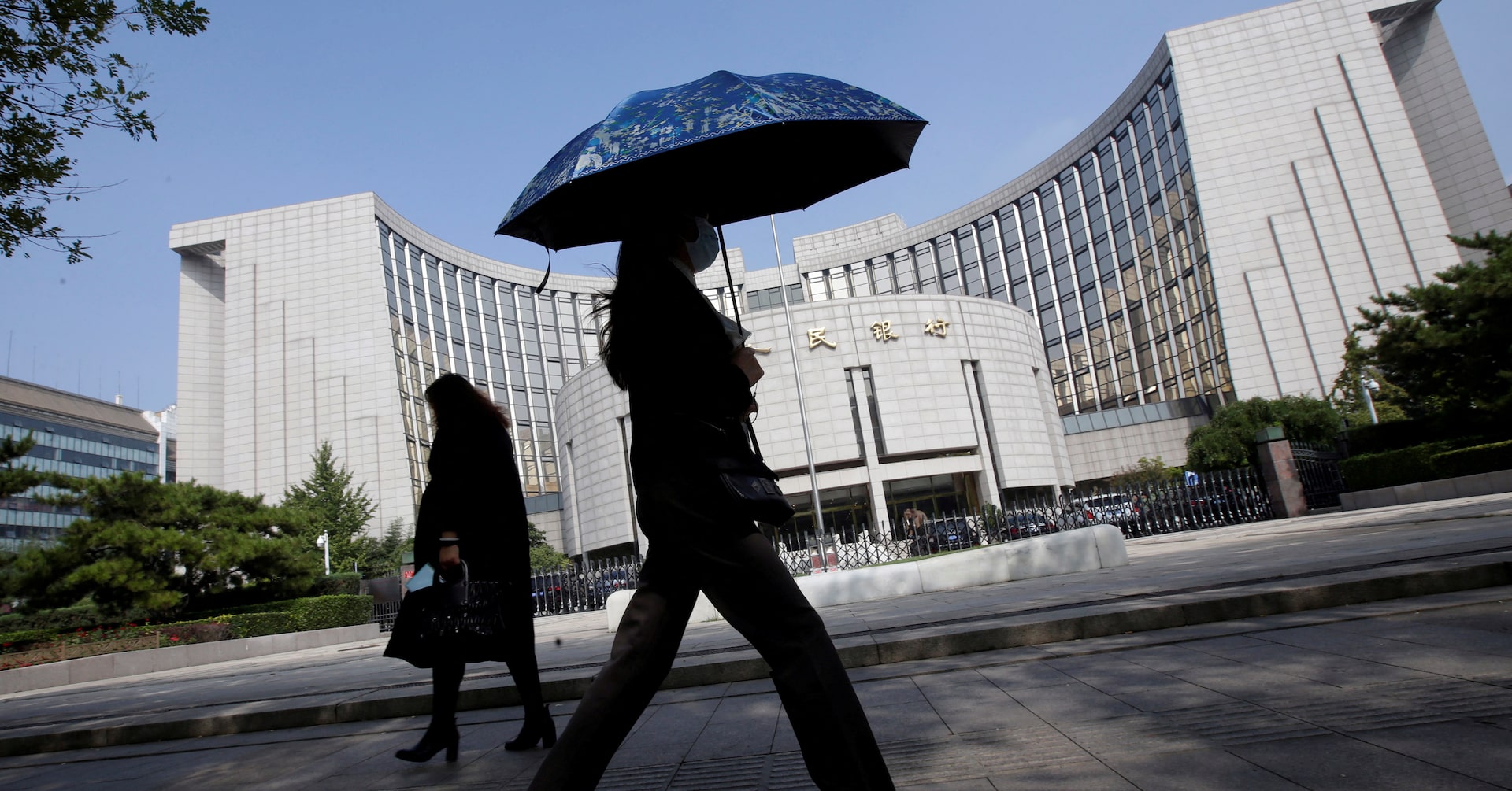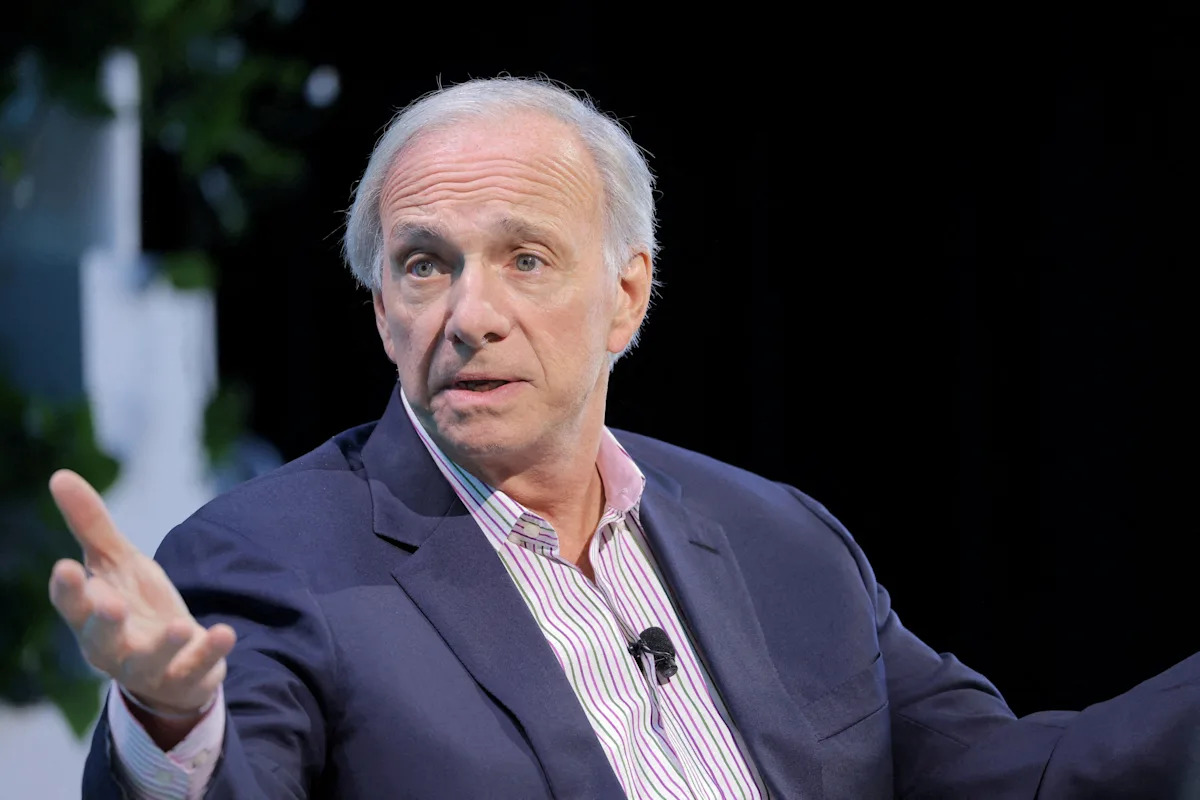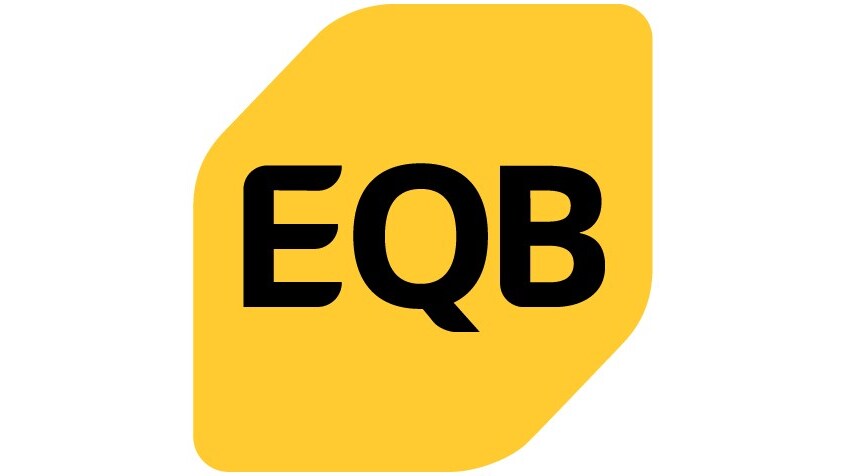Money Detox: How a 30-Day Spending Freeze Can Revolutionize Your Finances

Reset Your Financial Mindset: The Power of a Month-Long Spending Freeze
In a world of constant temptation and impulse purchases, taking control of your finances can feel like an uphill battle. Enter the month-long spending freeze—a transformative strategy that can help you break destructive money habits and reset your financial perspective.
Why a Spending Freeze?
A spending freeze is more than just a budgeting trick; it's a financial reset button. By pausing all non-essential spending for 30 days, you'll gain powerful insights into your spending patterns, discover hidden wants versus genuine needs, and create space for more intentional financial decision-making.
Key Benefits of a Spending Freeze
- Break automatic spending habits
- Increase awareness of unnecessary expenses
- Build financial discipline
- Redirect funds toward savings and meaningful goals
- Develop a more mindful approach to money management
How to Successfully Navigate Your Spending Freeze
Start by defining essential expenses like housing, utilities, groceries, and critical medications. Everything else goes on pause. Track every potential purchase, asking yourself: "Do I truly need this, or is this just a want?" This simple question can be revolutionary in reshaping your financial mindset.
Remember, a spending freeze isn't about deprivation—it's about gaining clarity, breaking unconscious spending cycles, and reclaiming control over your financial future.








